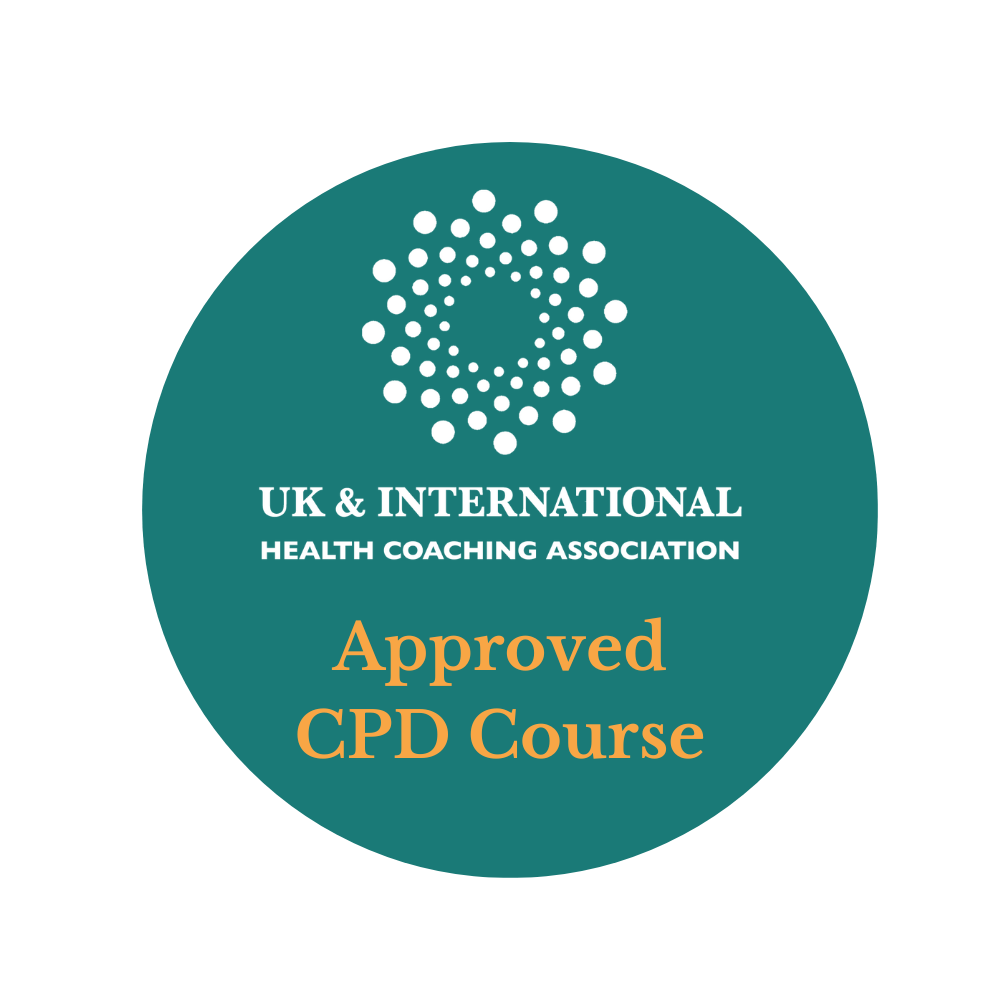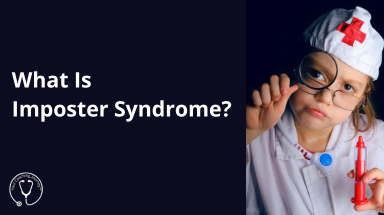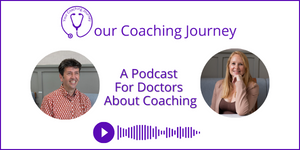Prefer to listen?
This blog post is taken from our podcast on social health which you can listen to here.
Imposter Syndrome
Imposter Syndrome is a very common topic for discussion, both in coaching clients, and in people in general.
Some people will come to coaching and say, “I have imposter syndrome” or, in that situation, or ”I had a moment of imposter syndrome”.
But there are other things that they may bring to the coaching room where we might recognise it as being one of the side effects of imposter syndrome, one of the things that are identified as being part of this experience. For example, if someone is saying:
- “I feel like everyone else is better than me”
- “I don’t want to step out and be seen”
- “I want to hide”
- “I don’t always do my best work”
Even major procrastination can actually be indicative of imposter syndrome, because if someone is putting off doing something, it could be as a result of feeling that if they put themselves out there, they might get ‘found out’.
What Is Imposter Syndrome?
The very first research paper on imposter syndrome was written in the 1970s. Published in 1978 by Pauline Clance and Suzanne Imes, it was called The Imposter Phenomenon in High Achieving Women. They described Imposter Phenomenon very simply as an internal experience of intellectual phoniness.
Pauline Clance, when she was interviewed by Amy Cuddy for one of her books, said she wished they hadn’t called it imposter phenomenon. It’s not a syndrome, it’s not a mental health condition, it’s an experience that we all have some knowledge of at some point in our lives, so she preferred the term Imposter Experience.
And that’s probably more helpful because it’s experienced in that moment. And it means you don’t have this label that you feel stuck with in every moment of your life and every role that you have.
It’s probably best to consider that it is an experience and everyone has it.
In this research paper, they were studying academics in an academic environment but when they’ve done further research, they found that the imposter experience does not discriminate. It doesn’t matter whether you’re male or female, from any other cultural background, what role you do in the world or what qualifications you have or don’t have, it will find you. Everyone seems to experience it.
Possibly if you are a in a male dominated world and you show up as a woman, then you might have that sense of not feeling like you belong, not being made to feel welcome, and therefore it may exacerbate the imposter experience.
Equally, if you were walking to a white environment and you’re not white, then you’re going to be feeling different to everyone else. And that’s something that we can work through to look at how to deal with our feelings around this experience.
Valerie Young, who has written an amazing book on imposter experiences called The Secret Thoughts of Successful Women, believes from studies she’s done that there’s a 70 to 84 % chance your coaching clients experience imposter syndrome, and that compares with about 70% in the general population. So there’s a high chance that people coming to you for coaching will have had this experience at some point, and therefore, it’s quite useful to know how to approach it with the client.
Many people that come to the coaching room are very successful people, but there may still be certain contexts in which they would feel like an imposter.
So why does she suggest that the percentage is higher than normal for people coming to coaching?
It may well be because they’ve got the opportunity to talk about it, which in other circumstances they haven’t. What imposter syndrome loves is isolating you and creating this feeling of loneliness and not been able to talk about it. And one of the things that is really important in managing these feelings, is that we find other people who are having a similar experience. The overriding thing that Helen has heard being said at workshops on this topic is, “I thought it was just me”.
It’s not!
So if we can talk to people and if we can bring it to the coaching room, and find that we’re not alone, then we have to really ask the question, is it that I’m not good enough? Is it that I’m a fraud?
Or, because all of these other people are experiencing it, too, is it my thinking around this and perhaps some other things coming in from society, the culture, the organisation, the relationships that is flawed?
And if there is, that’s something we can address. Which means it’s not so much of a problem.
Every coach that has ever learnt to coach has probably felt like an imposter at some point. Perhaps you come across a new client with a new situation, and maybe you think you don’t know how to coach around that, because it’s never come up before.
So, as coaches, we’re not going to judge someone for saying those things out loud, but also we will recognise it as something we have experienced ourselves.
What Are The Signs of Imposter Syndrome?
There’s quite a long list!
- Overthinking,
- Second guessing,
- not owning our own accomplishments,
- often crediting external sources for our success, perhaps it was ‘just lucky’ or good timing, or ‘I was probably the token ‘type of person that looks like me’,
- fixation on how we think other people are judging us and how those judgements will affect us when in most cases people aren’t judging us in the way that we think at all,
- A worry about being underprepared, which often results in
- overpreparation,
- procrastination,
- holding back,
- keeping a low profile,
- obsessing about what we should be doing,
- Rumination,
- Discounting the importance of what we’ve done; ‘It was nothing’, ‘anyone would have done the same,
- Not being able to accept praise
- We’ve got a doubt in our abilities,
- thinking our past accomplishments were a fluke,
- thinking other people are more intelligent or more capable than us,
- underestimating our success,
- exaggerating our failures,
- and self-sabotage.
In Part Two we will be exploring how we might work with a coaching client who has experienced Imposter Syndrome. Or, if you can’t wait for the article you can listen to our whole podcast on the topic here.
Both our Doctors’ Transformational Coaching Diploma and our Transformational Coaching Diploma for Lifestyle Medicine cover aspects of coaching that will help to explore these topics with coaching clients. Take a look and get in touch if you have any questions about either.
The Transformational Coaching Diploma is
Approved by the UK & International Health Coaching Association for the purposes of Continuing Professional Development (CPD).


The Transformational Coaching Diploma is
Accredited By:

Policies & Disclosures
Provider of The Transformational Coaching Diploma For:




Copyright © 2020 – 2024 Your Coaching Journey Limited | All Rights Reserved
Registered in England & Wales | Company Number 13233094
Registered Office: 13 Edyvean Close, Rugby, Warwickshire, CV22 6LD
V.A.T. Reg. No. 450175416



